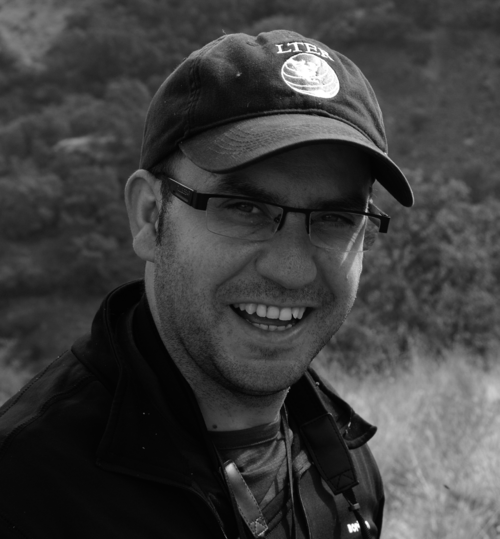University of Granada
WHO WE ARE
The University of Granada is one of Spain’s top universities, and is also a major actor in the area of higher education both in Europe and Latin America. It was founded in 1531 to establish a Christian university to follow in the stead of the, until then, Islamic Madrassa, dating from 1349. Since then, the UGR – drawing on its historical roots – has gradually grown and developed into what it has become today: a public higher-education institution that is committed to quality and excellence in the areas of teaching, learning and research. In line with this, the university has, throughout its history, become increasingly active in the transfer of scientific, social advancement, sustainable development and, above all, internationalization. The study programmes available at the UGR are among the most extensive in Europe, which helps to explain our high student numbers: around 65,000, of which some 10,000 are international students. The UGR is involved in a wide range of international projects and networks, as well as internationally-renowned exchange programmes.
Numerous national and international ranking agencies that evaluate higher education teaching and research have placed the UGR among the top universities in Spain, as well as including it within the top 3% of the best higher education institutions worldwide. Indeed, according to the Shanghai ranking, the UGR appears as one of the world’s top 500 universities.
The Terrestrial Ecology Research Group was established in 1995 within the Research and Technological Development Groups of the Regional Government of Andalusia (Spain), in the Natural Resources and Environmental Programme. The main objectives of the group are:
1) To broaden knowledge of key ecological processes in Mediterranean ecosystems.
2) To develop conceptual tools and methodologies to improve the conservation and management of natural resources.
3) To promote the transfer of research results to the management of protected areas, disseminating this information through training and advisory activities.
This research group is currently included at the Interuniversity Institute for Earth System Research in Andalusia. We are focused in global change monitoring and forecasting, ecoinformatics and adaptive environmental management. Our team is composed by people from different science topics: ecologists, biologists, computer scientists, forest engineers, etc.
WHAT OUR EXPERIENCE IS
We have a wide research experience related with the collecting and management biodiversity data in order to transform it into useful knowledge for the managers to carry out an active and adaptive management of natural resources. We coordinates the Sierra Nevada Global Change Observatory that become a LTER site in 2008. We have wide experience in the design and implementation of environmental information systems. The local information system created for the Sierra Nevada LTER site (called linaria) has been also implemented in LBA (Large Scale Biosphere-Atmosphere Experiment) in Brazil. We have been involved in several EU projects and research infrastructures: EnvEurope, MS-MONINA (as testing site), LifeWatch, eLTER, ECOPOTENTIAL. Finally we are currently leading the Spanish LTER network.
WHAT WE DO IN EU BON
Our main interest in participating in EU BON is related to the transfer of the expertise that we have gathered when implementing our local LTER site. It will be very interesting for us to integrate our project within global initiatives such as EU BON.
IN EU BON WE MAINLY CONTRIBUTE TO
UGR will be involved in task 2.5 (European Biodiversity Portal), led by CSIC-EBD. UGR will take on an advisory role in the design and establishment of the EU BON portal, especially in view of workability and practicality of search options/functionalities, and some further practical aspects of portal design. UGR will be also involved in task 5.1 lead by CSIC-EBD. Our expertise would be useful to assist data mobilization and integration from EU BON sites into the portal. Finally, UGR will participate in task 5.2 (Testing EU BON tools for data analysis and interpretation), led by Seckenberg. Regarding this task, UGR will be involved in testing data analysis and interpretation tools.
 |
Dr. Regino J. Zamora Rodríguez
|
 |
Dr. Francisco J. Bonet-García
|

|
Dr. Ramón Pérez-Pérez He holds a PhD in Computer Science from the University of Granada in 2006.
Research interests:
|
 |
Dr. Antonio J. Pérez
His research interests include:
|




 RSS news
RSS news
 NEWS
NEWS CALENDAR
CALENDAR